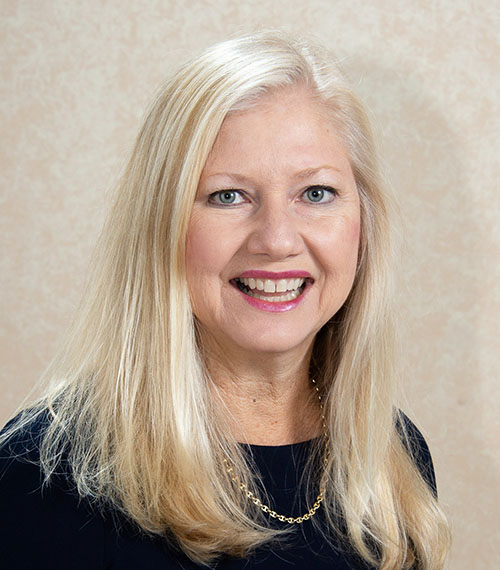School districts would have the flexibility to opt out of a 2023 state law mandating later start times for middle schools and high schools, under a bill gaining traction in Tallahassee and sponsored by freshman State Rep. Anne Gerwig (R-District 93), the former mayor of Wellington.
Gerwig’s bill, HB 261, sailed through the State House’s Education & Employee Committee 18-0 on Wednesday, March 26. A day later, a similar State Senate version, SB 296, passed that chamber 38-0 and was sent to the lower chamber.
It signals a likely off-ramp for school districts like Palm Beach County, where the scheduling mandates were causing considerable consternation and debate.
“HB 773, in 2023, was a well-intentioned law backed by research showing that middle and high school students were not getting enough sleep,” Gerwig told the education panel at the committee meeting.
The 2023 law requires that by 2026, all middle schools must begin no earlier than 8 a.m. and all high schools must start no earlier than 8:30 a.m.
Though few oppose better rest as a concept, it has created concerns about how to reset the scheduling matrix in Palm Beach County, where the most common start time for high schools now is 7:30 a.m.
Public meetings at sites around the county, including one in Wellington, about how to conform to the mandate have exposed a complex Rubik’s Cube of factors to be sorted out, from possibly making elementary school students start their travel day in the dark to upsetting schedules for after-school activities and more.
Gerwig’s bill would allow school districts to be in compliance with the state law by submitting a report to the Florida Department of Education by June 1, 2026. The report would outline, among other things, any unforeseen financial impacts or “unintended consequences” the later start times could create.
She noted that the 2023 law could jeopardize dual-enrollment programs that let high school students take college-level courses or participate in work training, for example.
“We want to do what’s best for all of our students,” Gerwig said.
Chris Doolin, representing the Small School District Council Consortium, said his group advocates for 36 school districts and supports the bill.
“It’s right at the middle ground and the sweet spot,” he said.
Doolin said that the change does not dismiss the issues of sleep and health, but instead requires school districts to show what public meetings they have held and what other work they have done, and then submit a report.
He said school districts that want to implement the later start times can still do so, while giving flexibility to others. About 12 districts in his group have signaled they want the later start times, Doolin said.
In debate, State Rep. John Paul Temple (R-District 52) of Sumter said he wondered if the bill lets districts sidestep the basic issue of whether students come to school sufficiently rested.
“My concern is given too much leeway, districts will revert to what is easiest and most convenient,” Temple said.
Some schools around the state start as early at 7 a.m., he noted. That often means students have to rise an hour before that to allow for bus travel, for instance.
Gainesville’s State Rep. Yvonne Hinson (D-District 21) said she supported the original later-times bill but is supporting this measure now.
“It’s a conundrum,” she said, as the desire to see students get more sleep runs into a complicated process of balancing a district’s bus schedules, after-school activities, parents’ timetables and more.
Districts can buy more buses, but a big issue in Palm Beach County turns out to be securing enough drivers who can afford to live there, Gerwig noted.
In an online statement on why she filed the bill, Gerwig said, “The mandated start times for middle and high schools creates an undue burden on local school districts. While I believe our students benefit from more sleep, the delayed start times will not accomplish that. Students that participate in after-school activities, including dual enrollment, will suffer.”
This leads to an array of unintended consequences, Gerwig noted.
“Students who are able to participate in internships will be affected, along with students who work to contribute to their households,” she said. “Sports teams do not always have access to lighted fields and are considering before school times so that sports can be accomplished safely.”
In addition, the size of the school district can matter a great deal, she said.
“Larger districts cannot accommodate the busing schedule that is required by this forced change, along with the difficulties that high cost of living areas have in hiring bus drivers in the first place,” Gerwig continued. “In my own county of Palm Beach, school start times are already not uniform, even in the public schools. The school officials need to be able to accommodate the families that they serve, and the forced mandate will detract from their ability to provide the best learning environment for the students.”
Last September, the first of six community-input sessions on the new school start times in Palm Beach County drew about 50 people to Wellington High School.
At the time, three scheduling options to fit the 2023 law were drawing virtually equal support in more than 12,000 survey forms in the county, pointing to a lack of clear consensus.








